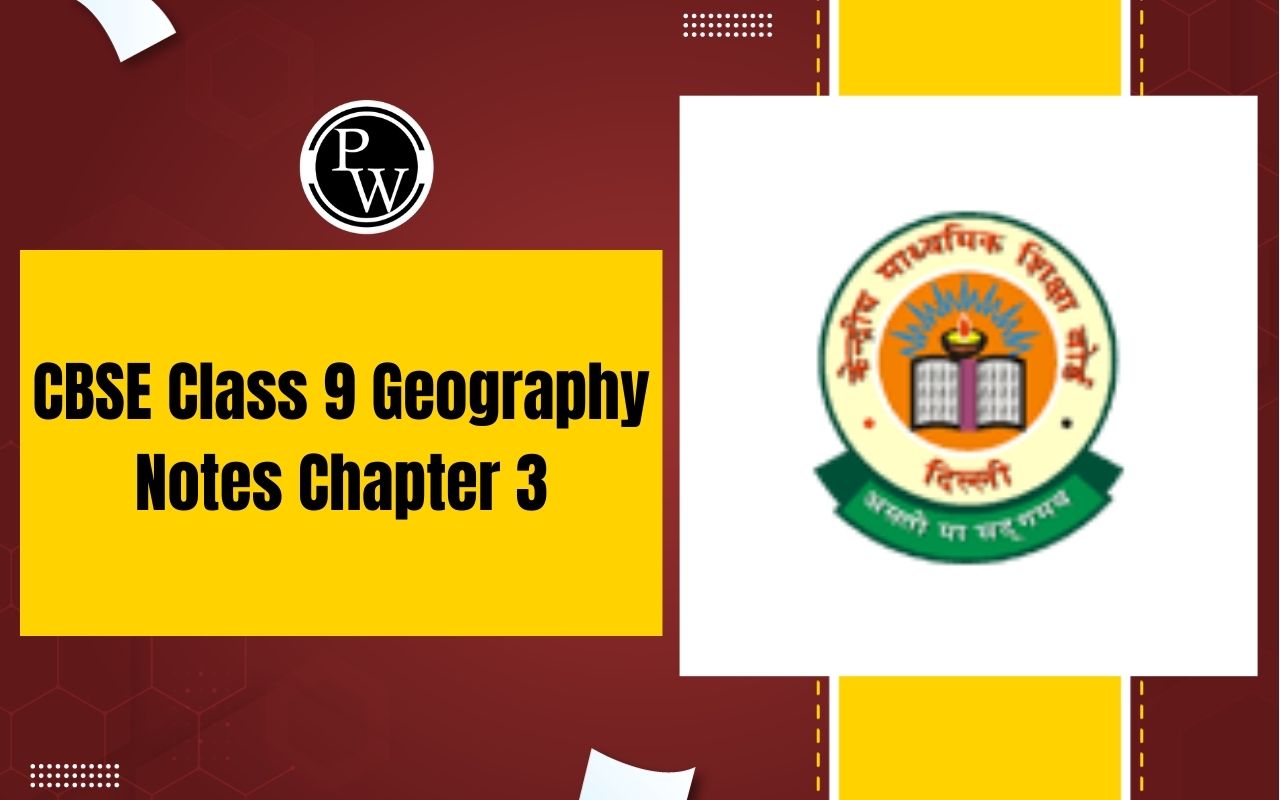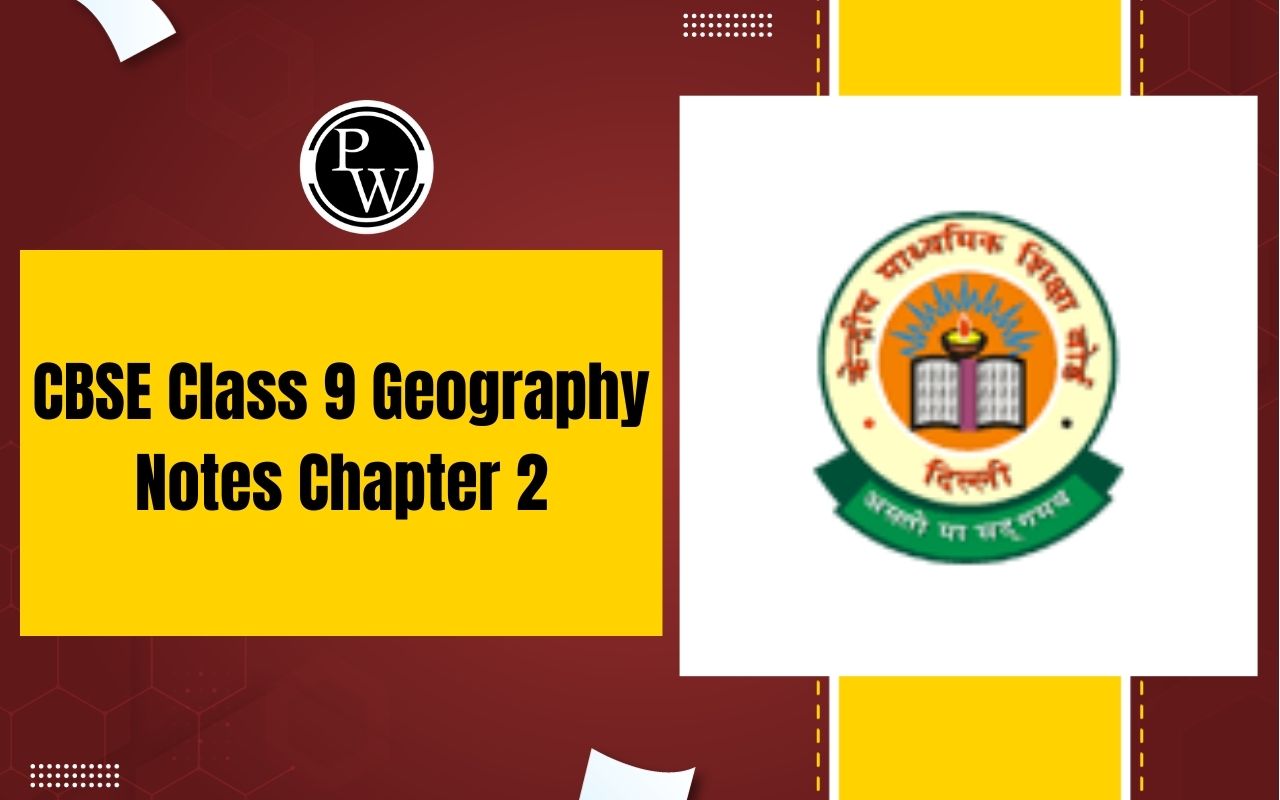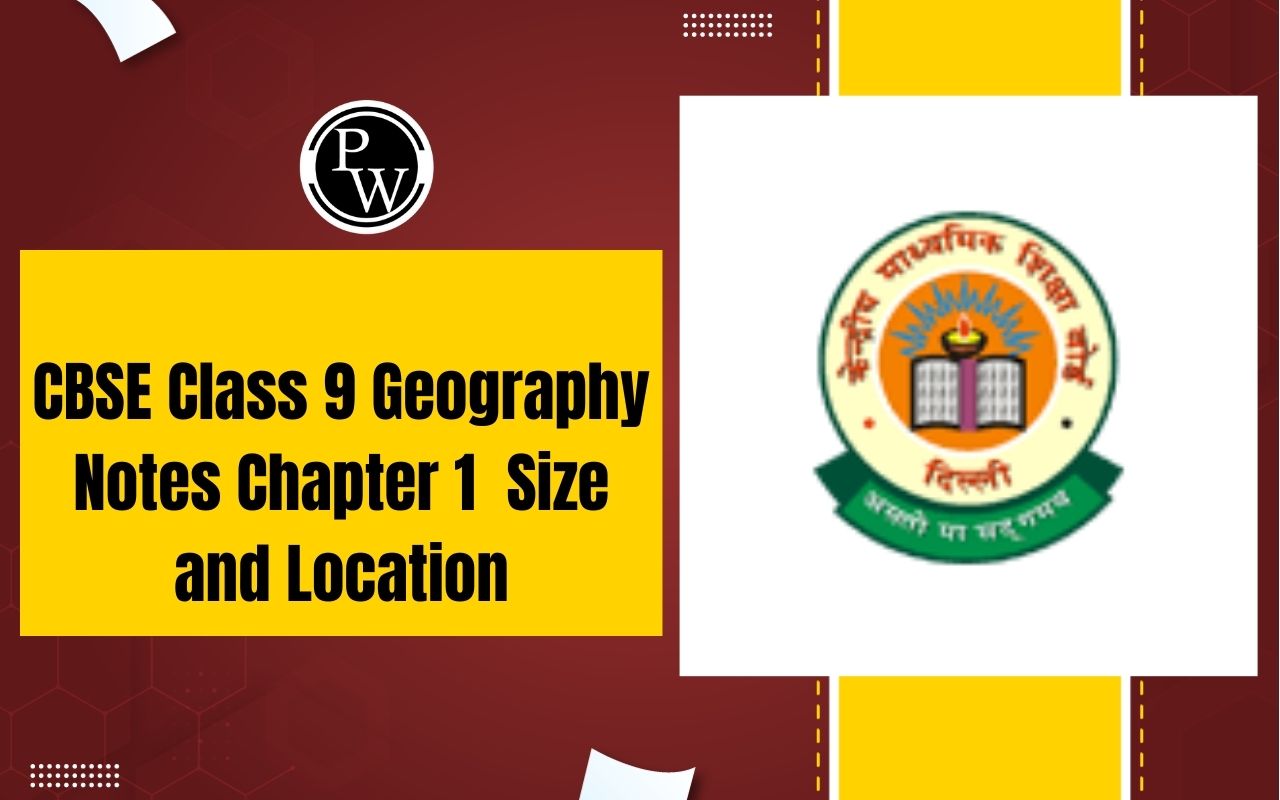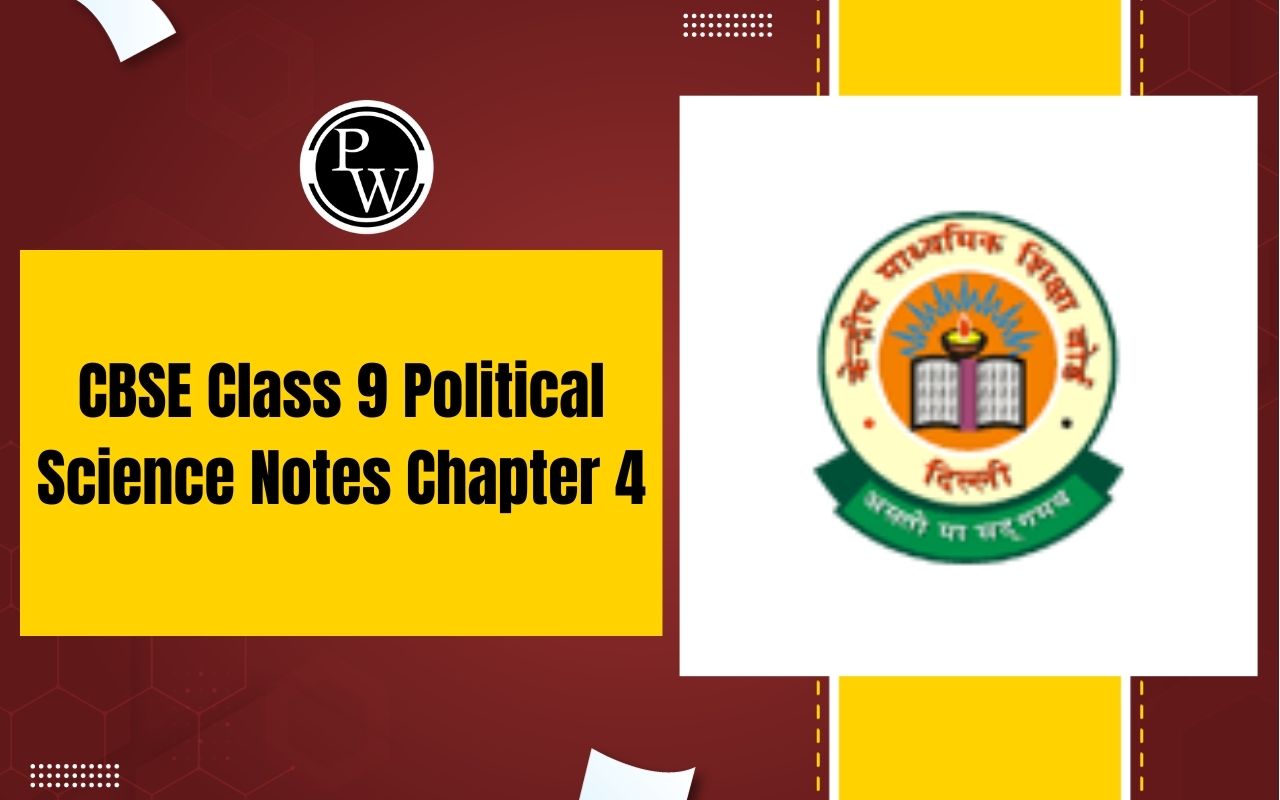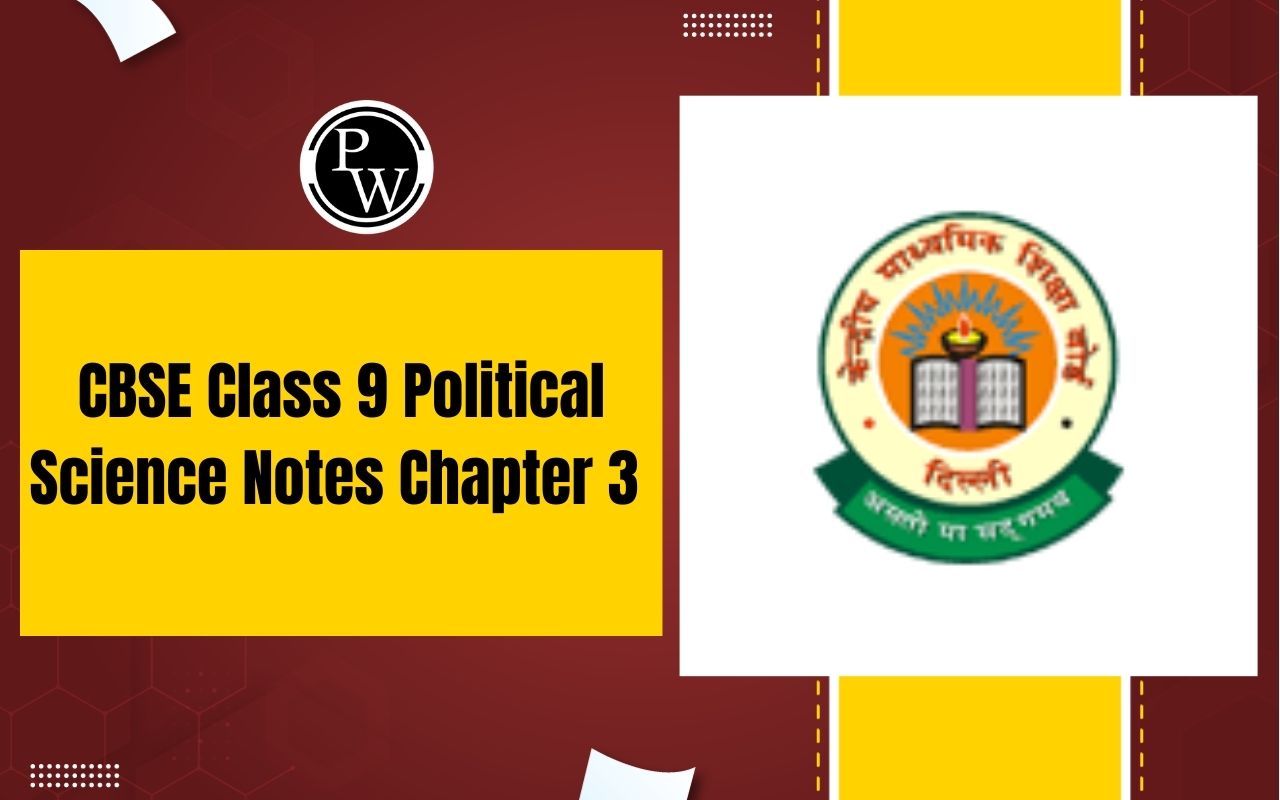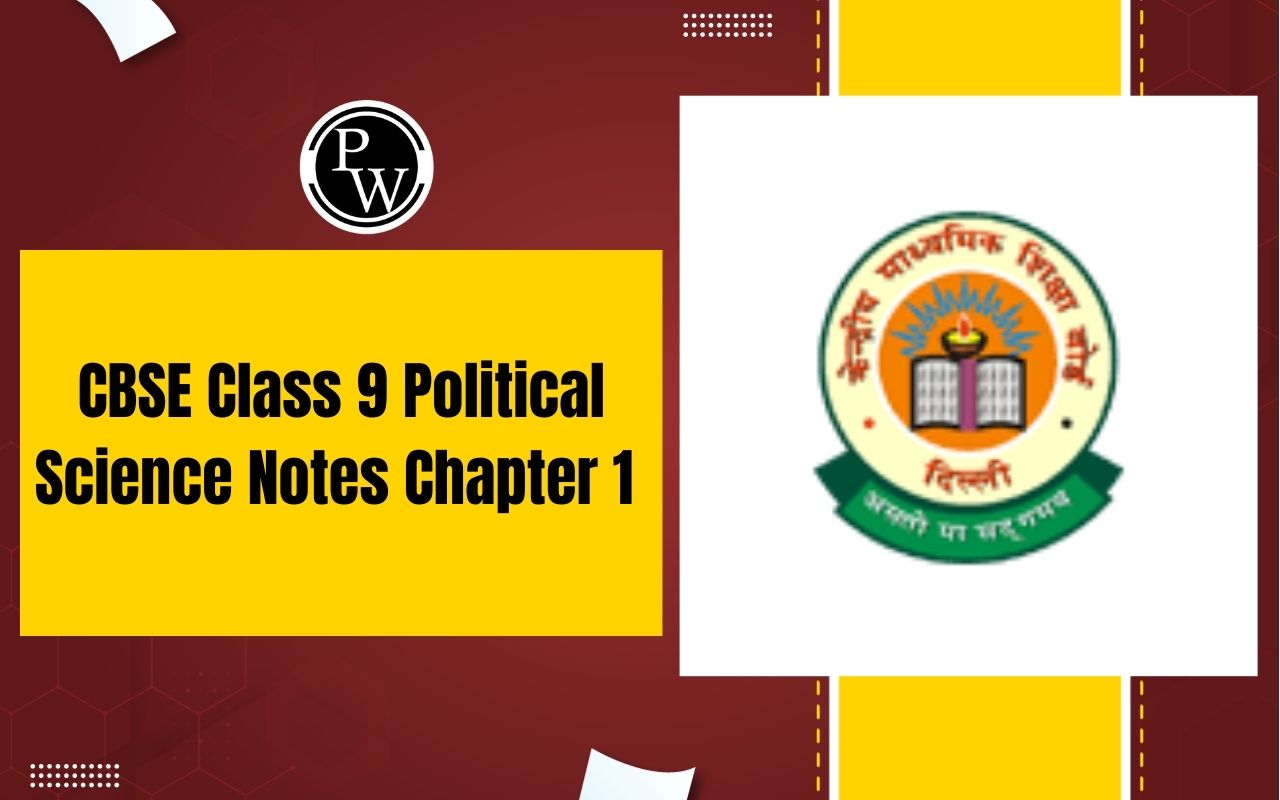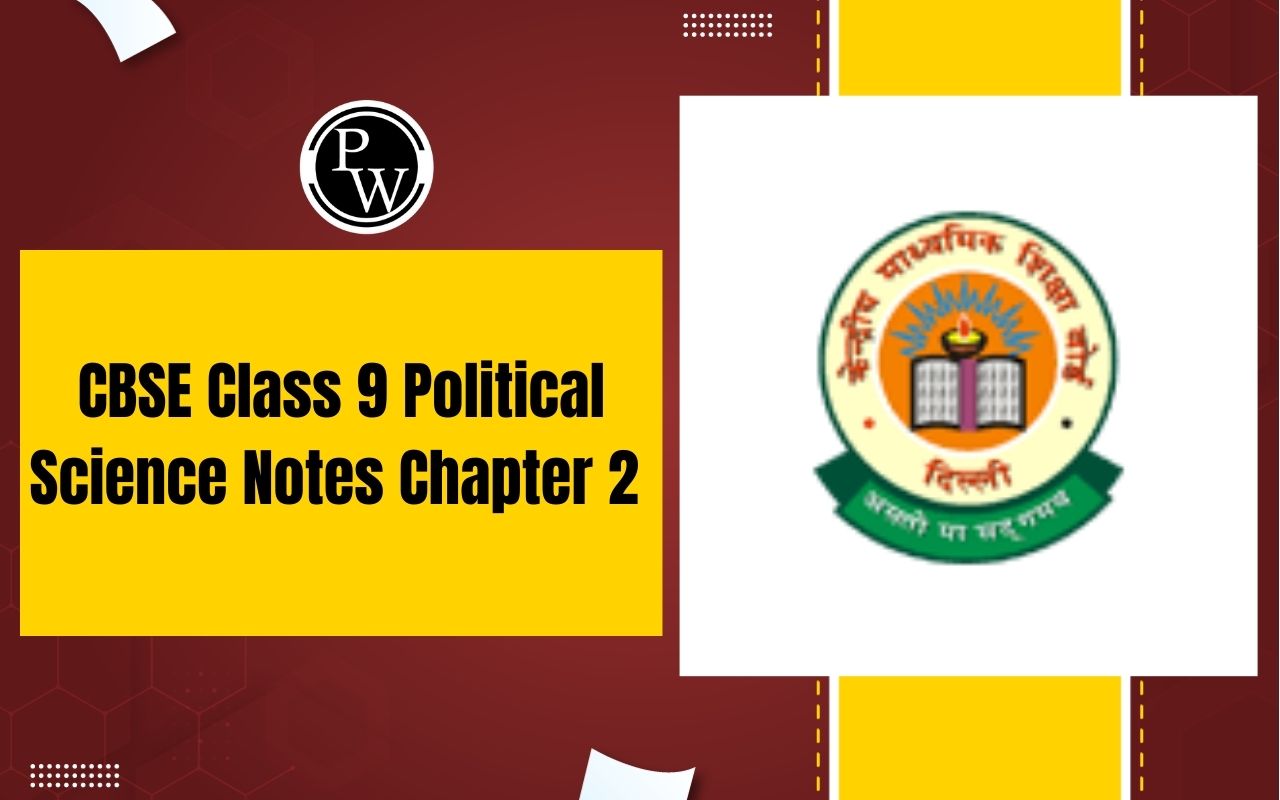
CBSE Class 9 Economics Notes: The Economics Notes for CBSE Class 9 aid students in comprehending their surroundings. By being able to identify companies, markets, and governments, people are more equipped to handle the possibilities and challenges that arise when things change. Economics is a crucial topic for pupils in Class 9 that requires a solid conceptual grasp.
Students can use the CBSE notes for Class 9 Economics, written by our subject matter specialists, to help them study for their test. The notes are arranged according to chapters to enable students to go over the material in detail and to grasp and retain the ideas with ease. The economics notes for CBSE Class 9 are an excellent resource that students may use to quickly review each chapter before an exam. These notes are made by the Class 9 Economics NCERT syllabus. Students can use these CBSE Notes to help them study more effectively, review all of the chapters thoroughly before the exam, and be ready for any questions that may come up.CBSE Class 9 Books for Preparation
CBSE Class 9 Economics Notes
We have given the CBSE Class 9 Social Science notes on all chapters of economics in the table that is provided below. Review these notes to ensure a flawless exam performance. You can download all of these notes in PDF format.| CBSE Class 9 Economics Notes |
| Chapter 1: The Story of Village Palampur |
| Chapter 2: People as Resource |
| Chapter 3: Poverty as a Challenge |
| Chapter 4: Food Security in India |
CBSE Class 9 Economics Notes Overview
One of the most important subjects at this level of school is Social Science, which includes Economics in its extensive course. The four core subjects that students must prepare for to receive good grades are covered in this section of the course. Students can utilize the 9th Economics Notes, which have been developed by our specialists, to help with their preparation. By providing these notes, students will be able to learn new material more easily and retain what they have learned more quickly.CBSE Class 9 Economics Notes Chapter 1
The most significant economic sector in India is agriculture. Half of India's workforce is employed in the agriculture industry, which generates 18% of the nation's GDP. India has the top spot in the global production of pulses, rice, wheat, spices, and spice-related items. Topics including labor work, capital, agricultural production, transportation, and the organization of production are covered in CBSE Class 9 Economics Chapter 1: The Story of Village Palampur. Our subject matter specialists have covered all of these topics in our CBSE Class 9 Economics notes for Chapter 1.CBSE Class 9 Economics Notes Chapter 2
In an attempt to show how the people are a resource rather than a burden for the economy, Chapter 2: People as Resource is written. When investments are made in the form of training, education, and health care, the population becomes human capital. The pool of expertise and useful knowledge that people possess is known as their human capital. To assist students in swiftly grasping ideas and completely revising before exams, we have supplied CBSE Class 9 Economics notes for Chapter 2 below.CBSE Class 9 Economics Notes Chapter 3
One of the biggest problems India has faced since gaining its independence is poverty. In the third chapter of Class 9 Economics, the issue of poverty is covered with examples and how the social sciences see it. The poverty line serves as an illustration of global and Indian poverty patterns. There is also discussion on the causes of poverty and government initiatives to combat it. By extending the official definition of poverty to include human poverty, the chapter comes to a close. Every idea covered in the chapter is included in the notes we have listed below. Experts in the field assisted us in developing the CBSE Class 9 Economics notes, Chapter 3: Poverty as a Challenge.CBSE Class 9 Economics Notes Chapter 4
The capacity to guarantee, over an extended period, that the system gives access to a timely, dependable, and sufficiently nutritious supply of food for the entire population is known as food security. Food insecurity, the people who experience it, government efforts to address it, and other related themes are covered in CBSE Class 9 Chapter 4 Food Security in India of Economics. Class 9 students will gain insight into how our nation addresses food insecurity by reading this chapter. Here are the Chapter 4 Economics notes for CBSE Class 9 to aid students in better test preparation.Benefits of CBSE Class 9 Economics Notes
CBSE Class 9 Economics notes can offer several benefits to students, including:Comprehensive Coverage : Notes typically summarize the entire syllabus, ensuring that students have a condensed version of all important topics and concepts.
Clarity and Understanding : Well-organized notes can clarify complex concepts and theories, making it easier for students to understand fundamental economic principles.
Quick Revision : Notes provide a quick way to revise before exams or quizzes, saving time compared to going through entire textbooks or class notes.
Structured Learning : They help in structuring learning by breaking down the curriculum into manageable sections, aiding in systematic study sessions.
Visual Aids : Notes often include diagrams, charts, and graphs that can enhance visual learners' understanding of economic concepts.
Self-Assessment : Some notes include practice questions or quizzes that allow students to assess their understanding and identify areas that need further study.
Consolidation of Learning : By condensing key points, notes reinforce what students have learned in class, helping to consolidate their knowledge.
Revision Aid : During exam periods, notes serve as effective revision aids, enabling students to review important information quickly and efficiently.
Accessibility : Notes can be accessed anytime and anywhere, making them convenient for students to study independently.
Supplementary Resource : They complement textbooks and classroom teaching, providing another perspective or additional examples that may aid in better comprehension.
.CBSE Class 9 Economics Notes FAQs
What are the two main causes of poverty in India class 9?
What are the two main crops of village Palampur?
Are CBSE Class 9 Economics Notes helpful?


